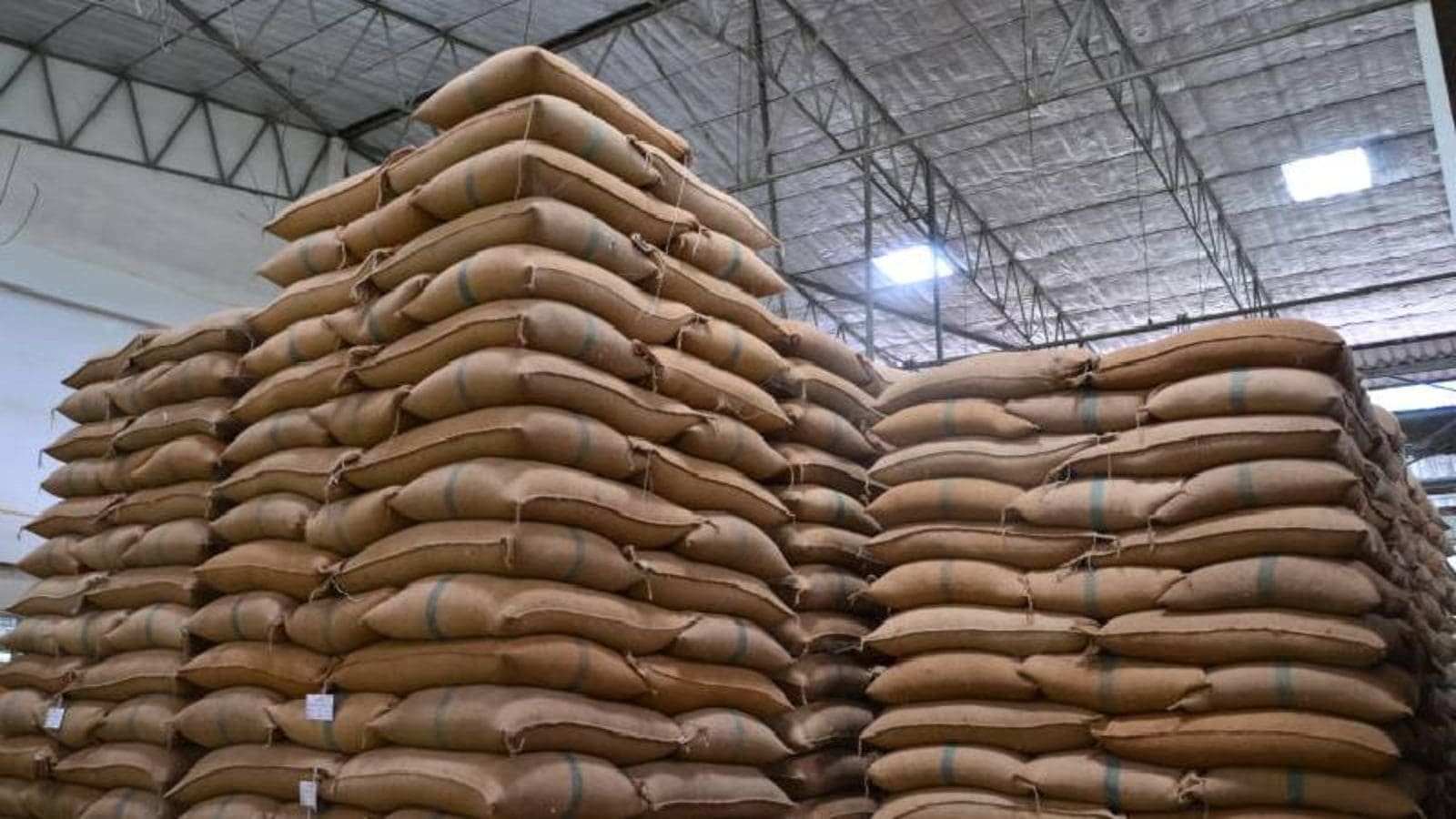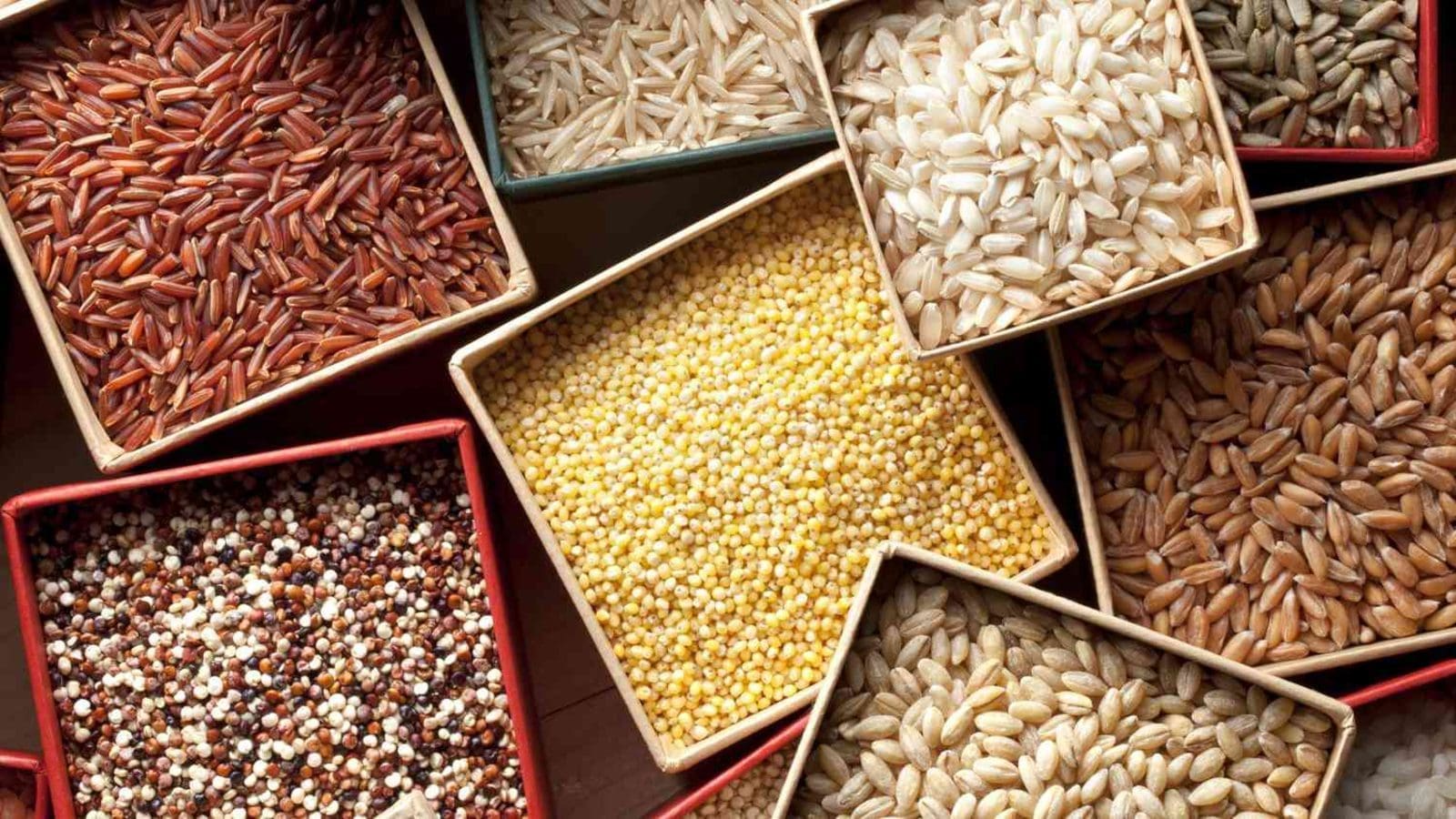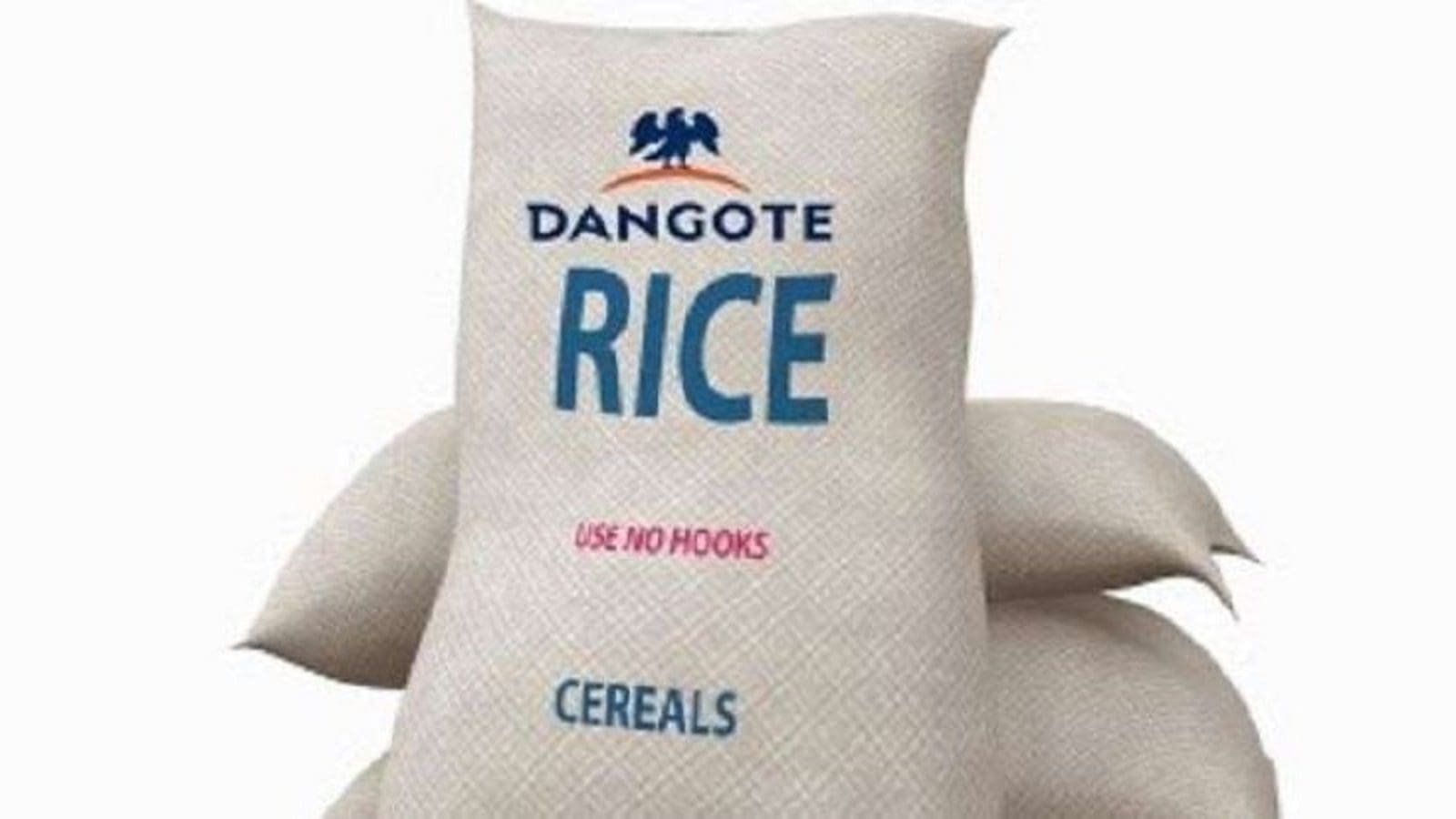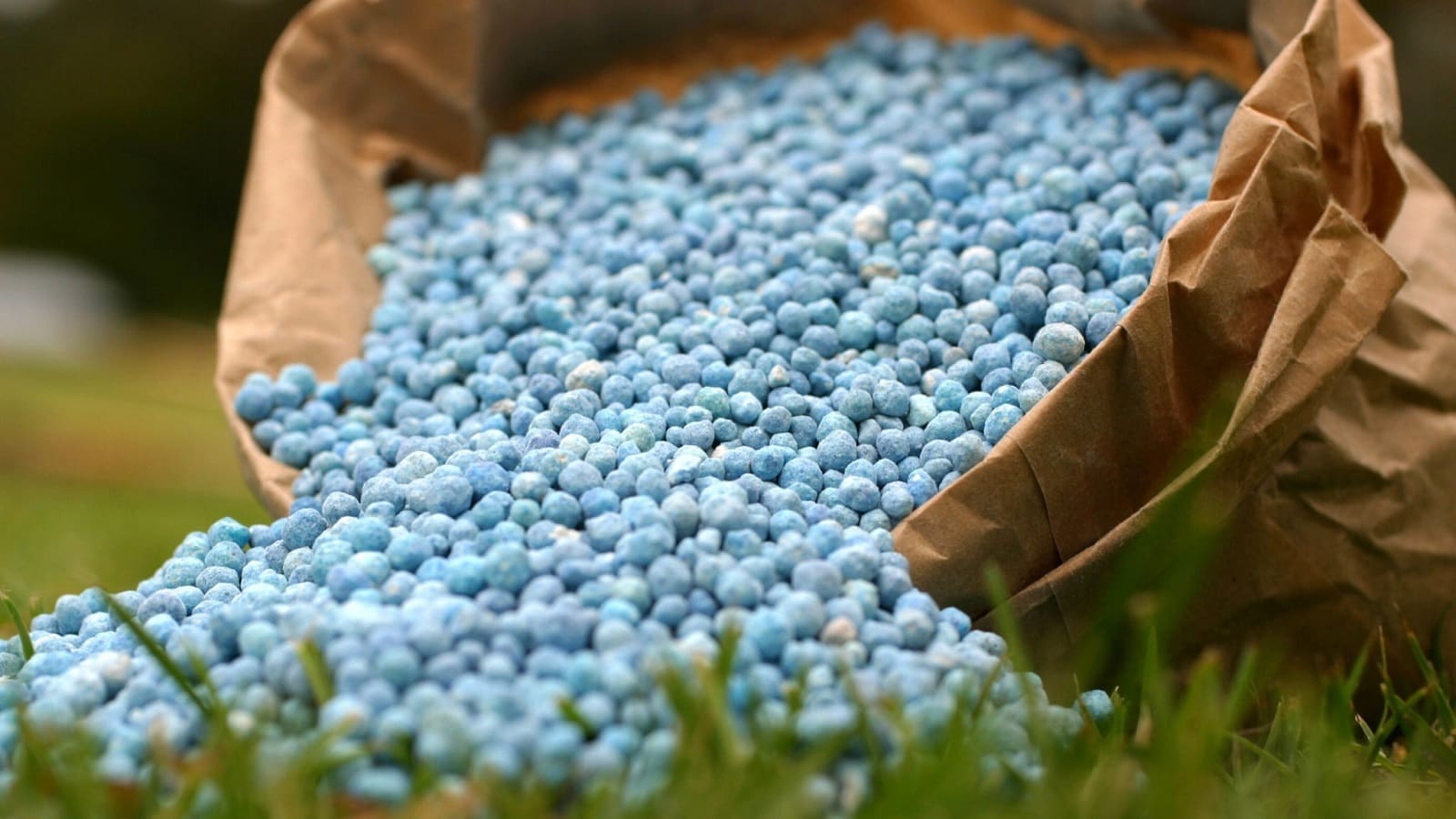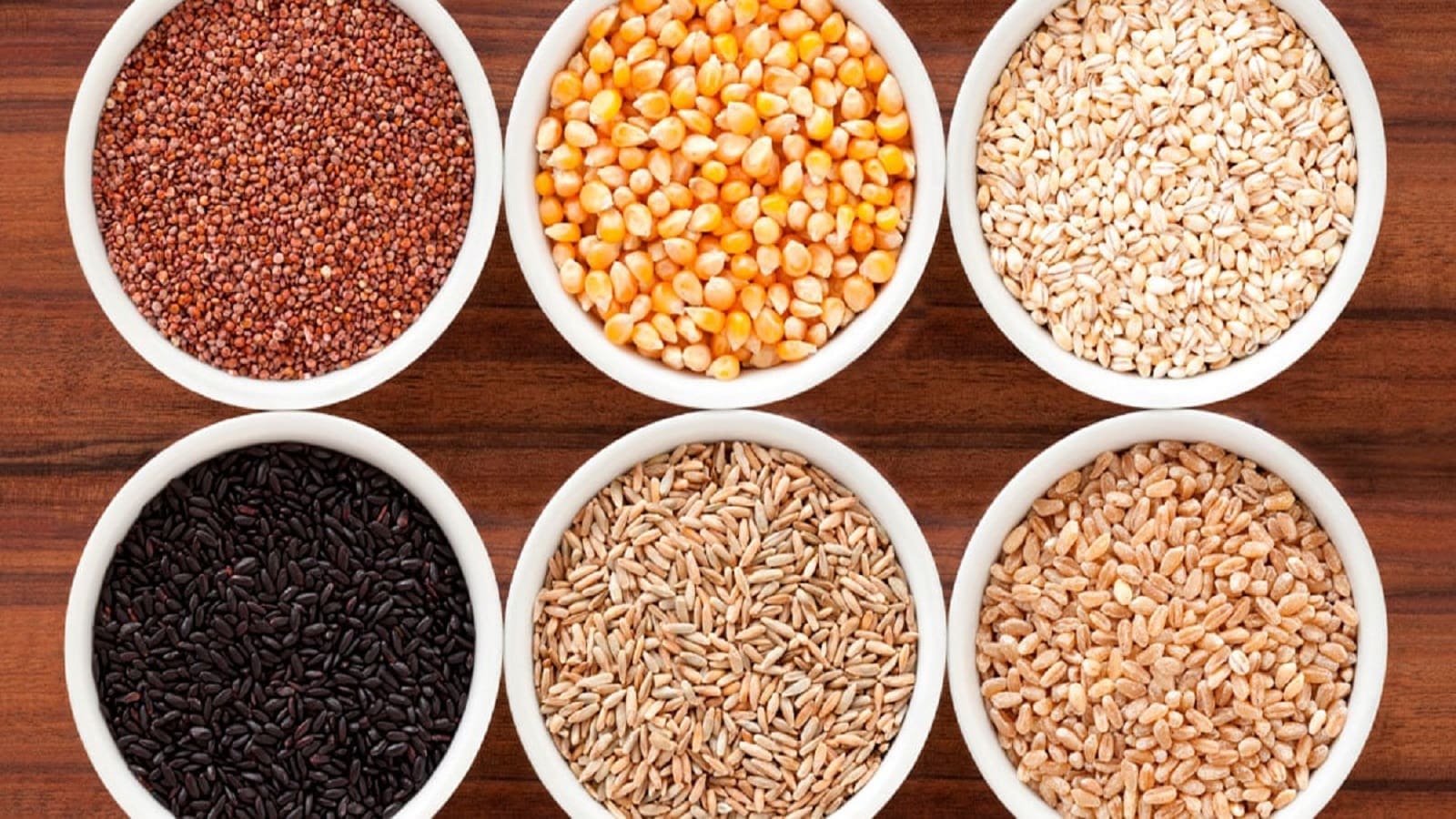KENYA – The government of Kenya through the Ministry of Trade has partnered with the International Finance Corporation (IFC) and the Kingdom of the Netherlands to launch a warehouse receipt system project aimed at reducing post harvest losses in the country.
The project will see Kenya’s Ministry of Investments, Trade and Industry work with the IFC to provide technical support aimed at bolstering the adoption and uptake of the Warehouse Receipt System (WRS) in Kenya.
Major focus of the project will be on strengthening the legal, regulatory and operational
framework of Kenya’s Warehouse Receipt System (WRS) with the aim of boosting warehouse
receipt financing and increasing private sector participation and investments in the system.
According to the Ministry of Agriculture data, the country loses approximately 30 percent of its crop produce to post-harvest mishandling, a catalyst to prolonged poverty, driving more people into extreme poverty.
By enhancing access to certified safe and quality storage facilities under
licensed professional warehouse operators, the IFC and GoK hope to reduce post harvest losses in the country.
Under warehouse receipting system, farmers deposit their products in certified warehouses upon which they are issued a receipt that can be used to access credit as they await the sale of their produce at a favorable time and price.
“This will in turn
result in the growth of the agro-processing and value addition industries as agro-processors will
now have access to consistent quality and quantity commodities that will ensure effective
utilization of their processing capacities,” read a statement from the ministry.
The investment comes at a time when Kenya has been experiencing an acute maize shortage due to drought coupled with a high cost of fertilizers.
However, the government is trying to combat this through a raft of measures including duty-free maize imports and fertilizer subsidies for farmers.
Therefore, the project will be looking to counter post-harvest losses in maize production by about 10 percent a boost to the government’s initiative to improve maize production through the fertilizer subsidy program.
According to the Ministry of Agriculture, the country needs about 12 million bags of maize annually to fill up the consumption needs gap that has been widening over the past years of declined maize harvests.
Positively, in a recent report, the USDA forecasted maize production to increase in the 2023/24 market year as farmers respond to high crop prices by planting more.
According to USDA, maize production is estimated at 3.2 million tonnes, up from a previous estimate of 2.9 million tonnes in 2022-23.
Amena Arif, IFC’s country manager for Kenya, however, called upon participation and investment from the private sector stating that it will be key to unlocking the benefits of the warehouse receipt system in Kenya and uplifting farmers.
For all the latest grains industry news from Africa, the Middle East and the World, subscribe to our weekly NEWSLETTERS, follow us on LinkedIn and subscribe to our YouTube channel


